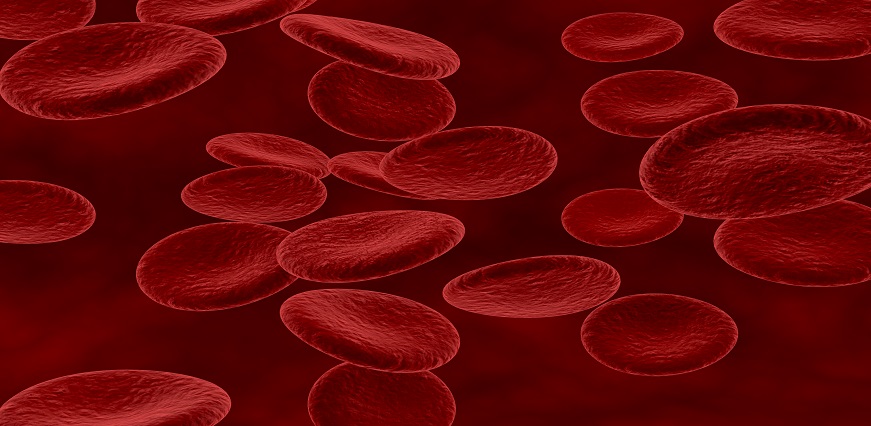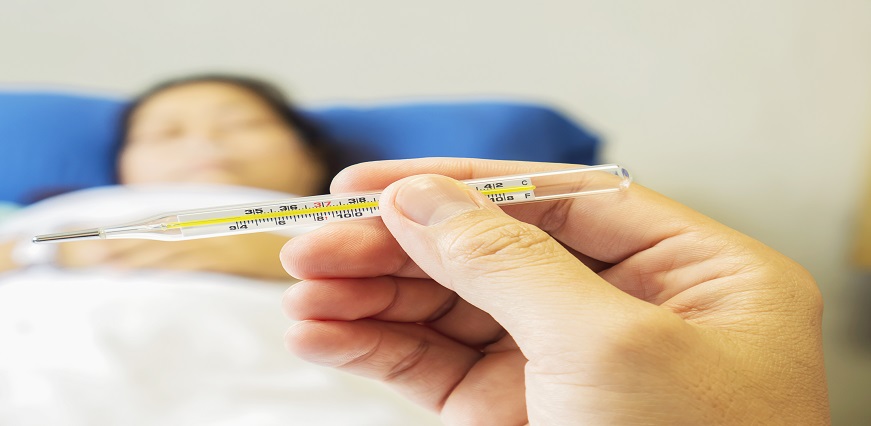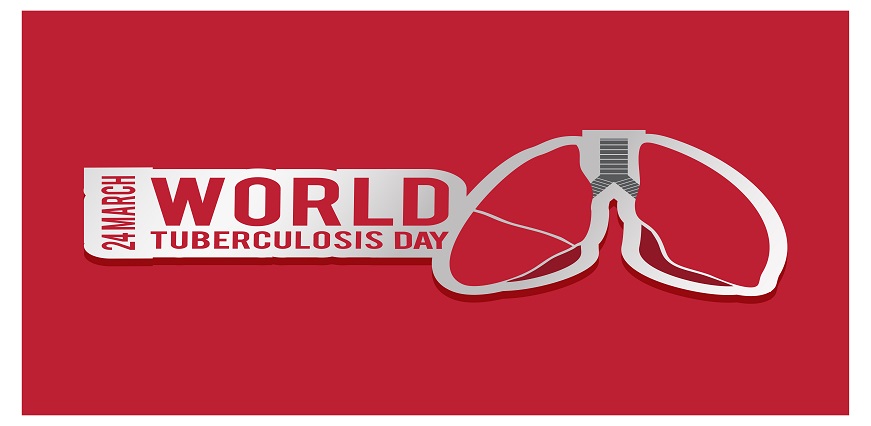





No lab centers are available in this city

Max Lab
May 25, 2022
Are you feeling fatigued and lacking energy lately? Or, do you find yourself running short of breath with the simplest tasks, like carrying groceries or climbing stairs? You are not alone. A majority of people experience these symptoms but are unaware that their Red Blood Cells (RBC) are not at optimum levels. Low red blood cell count could be the culprit. However, the primary question is how to increase the RBC count.
Red blood cells are responsible for carrying oxygen throughout your body, so a low count can result in tiredness, weakness, and even anaemia. Red blood cells are a component of blood and contain the protein called haemoglobin, which has the ability to bind oxygen. The bone marrow, where RBCs are produced, is stimulated by the erythropoietin or EPO hormone for increased RBC production, to ensure effective transportation of oxygen throughout the body. RBCs give blood its characteristic colour, carry oxygen from the lungs to the rest of the body, carry carbon dioxide back to the lungs to be expelled, and much more.
Fortunately, there are ways to boost your red blood cells, including food options that boost red blood cells, helping you reclaim your energy and feel like yourself again. Let us find out how simple dietary changes and dietary tweaks can give your body the oxygen boost it needs.
Low RBC levels can sneak up on you in unimaginable ways, leading to chronic fatigue, tiredness, and even heart palpitations. But why is it crucial to increase these elements and introduce food to increase RBC count? Calculating the RBC count in the blood is always a part of the Complete Blood Count test, which is performed to determine the levels of the different components of blood. One should not be worrying about how to increase their haemoglobin or RBC count if it is in the normal range, as a higher-than-normal RBC count can also lead to serious issues like renal cell carcinoma, heart diseases, and pulmonary fibrosis. On the other hand, a low red blood cell count can lead to serious conditions like anaemia, heart palpitations, etc.
A healthy RBC report ensures your organs and tissues receive an accurate oxygen supply, allowing you to stay energised and maintain proper bodily functions. If you are thinking about how to increase RBC count naturally, it is important to take action early. Left unchecked, low RBC levels can lead to more severe conditions like anaemia, where your body struggles to produce enough oxygen-carrying cells. Following the right diet and affecting some lifestyle changes is one of the best answers to how one can increase their red blood cells quickly. By adopting a diet to increase RBC, one can boost their body’s ability to produce healthy red blood cells.
There are several conditions that can lower RBC production in the body, including cancer, cancer treatment, iron deficiency, chronic kidney disease, sickle cell disease, major blood loss, organ failure, malnutrition, etc. But what exactly causes this drop in red blood cells? Factors such as cancer, cancer treatments, chronic kidney disease, iron deficiency, and malnutrition can lead to a significantly low count of RBCs. Conditions like sickle cell anaemia or major blood loss also contribute to a low RBC count, making it important to understand the root cause if an individual is facing persistent problems. If you are searching for ways on how to increase your RBC count by food or other lifestyle changes, addressing these underlying issues is critical.
People who are over the age of 60 years, pregnant women, women who experience heavy menses, people on blood thinners, etc. are also at an increased risk of low RBC counts. For these individuals, focusing on food to build up red blood cells becomes paramount. Including iron-rich foods, as well as nutrients like Vitamin B12 and folic acid, in their diet can be a natural and effective way to support healthy RBC production.
A low RBC count can manifest in several noticeable symptoms, often leaving you feeling out of sorts and drained. If an inidividual is feeling dizziness, breathlessness, pale skin, dull eyes, constant headache, or a rapid heartbeat, the body may be signalling a reduced red blood cell count. These symptoms should not be overlooked, especially if an individual looks for how to increase RBC and restore their energy levels. Low levels of RBCs can cause the following symptoms:
When faced with above mentioned signs, it is crucial to consider one’s daily dietary intake. A lot of food options increase red blood cells like iron-rich leafy greens, lentils, beans, and lean meats. Additionally, Vitamin C rich fruits and foods high in copper content can also increase blood count. Hence, food intake has a great impact on one’s red blood cell count. If an individual is experiencing any of the symptoms listed above, the body may be in need of a nutrient-rich diet tailored to boost RBC production.
If the CBC test report comes up with a low RBC count and the abovementioned symptoms are showing up, it may be time to start wondering about how to increase one’s haemoglobin, in order to avoid the more serious complication it can lead to. By identifying these symptoms early and making necessary diet tweaks with the right food to boost blood count, you can proactively work toward a healthier, more energised you. Remember, paying attention to the warning signs and taking steps like eating food that boosts red blood cells can help you get ahead of any serious health issues.
If an individual is looking for how to increase red blood cells quickly, focusing on the right nutrition is one of the most effective strategies. Adding the right kind of food to the diet to increase RBC count is one of the best ways to ensure good haemoglobin. Making sure that the body receives enough essential nutrients goes a long way to increase red blood cells in the body. Not only will these dietary changes improve your energy, but they will also enhance your overall well-being.
Iron
Iron is required by the body to produce haemoglobin, which makes it an important food nutrient to increase RBC production. Some iron-rich foods that can be added to the diet include spinach, tofu, lentils, chickpeas, liver, shellfish, tuna, etc. Incorporating these foods to increase your RBC levels can help support your health and improve overall oxygen transport in the body.
Vitamin B12
Important for RBC production and brain function, low levels of vitamin B12 can prevent RBCs from maturing properly. This nutrient binds itself to protein and can be found in foods like milk, cheese, shellfish, fish, and red meat. These items make them excellent food for red blood cell production in the long run.
Vitamin B9
Also called folic acid, vitamin B9 can be found in Brussels sprouts, green leafy vegetables, oranges, peanuts, kidney beans, etc. Ensuring your diet includes enough folic acid will help you increase red blood cells quickly and maintain a healthy haemoglobin count.
Vitamin C
This nutrient does not directly increase the RBC count in the blood, but it does enhance the body’s ability to produce RBCs and helps improve iron absorption. Grapefruit, oranges, baked potatoes, strawberries, tomatoes, broccoli, and kiwi are some of the foods that can be added to the diet for vitamin C. Ensure to add these foods to your diet plan to increase RBC indirectly by supporting better iron absorption.
Copper
This essential mineral helps with the proper absorption of iron in the body. Good sources of copper include shellfish, tofu, avocados, chickpeas, mushrooms, sunflower seeds, sesame seeds, cashews, etc. When you are looking for food items for healthy red blood cells and iron uptake, consider these healthy options.
Vitamin A
Foods rich in vitamin A include dark leafy greens, carrots, sweet potatoes, squash, mangoes, apricots, cantaloupe, cod liver oil, salmon, etc. The nutrient plays a crucial role in supporting the production of red blood cells and maintaining healthy vision and immune function. Including these food items to increase RBC count aids the body in improving oxygen transport efficiency.
Apart from following a proper diet, there are also certain lifestyle changes that can help increase one’s red blood cells.
If dietary or lifestyle changes are not doing much to increase the production of red blood cells, consulting a doctor becomes necessary to check whether there is an underlying condition or risk factor that is affecting the haemoglobin level. If that is the case, the doctor can prescribe further testing or start a treatment plan to target the underlying condition, the treatment of which should allow the RBC count to go back to normal. Other than this, most cases of low red blood cell count can be dealt with naturally, with the abovementioned lifestyle changes.
For most people, though, food to boost blood count can be the key to addressing low red blood cell levels; eating a balanced diet rich in iron, vitamins, and minerals will naturally boost RBC production and improve oxygen circulation. Remember, including essential food for red blood cells in your diet can make all the difference to your energy levels and overall well-being.
Suggestive Read:
Red blood cells (RBCs) are the most common type of blood cell and are responsible for carrying oxygen from the lungs to the rest of the body.
A low red blood cell count, also called anemia, can be caused by many things such as:
Low red blood cell count, or anemia, can cause a variety of symptoms. These may include fatigue, shortness of breath, pale skin, and dizziness.
There are a number of ways you can increase your red blood cell count quickly. These include:
Many different diseases can cause a person's red blood cell count to drop. Some of the more common ones include: anemia, leukemia, and lymphoma
If the RBC count is low, it means that there are fewer red blood cells in the body. This can lead to a variety of problems, including:
Eating foods that are high in iron, such as beef or chicken, can help increase your RBC count. You can also eat foods that are rich in vitamin C, such as oranges or strawberries.
A dangerously low RBC count is typically defined as a level below 3.5 million cells per microliter (mcL) of blood for men and below 2.5 million mcL for women.












Sign up takes less than 60 secs and gives you access to your offers, orders and lab tests.
Looks like you are not registered with us. Please Sign up to proceed
OTP will be sent to this number by SMS
We have successfully received your details. One of the agents will call you back soon.
 To reach our help desk call 9213188888
To reach our help desk call 9213188888
No Lab Centers are available in this city
Looks like you are not registered with us. Please Sign up to proceed
OTP will be sent to this number by SMS
Not Registered Yet? Signup now.Looks like you are not registered with us. Please Sign up to proceed





 7982100200
7982100200.png)
Comments
B9 isn't called folic acid, naturally it's folate. Only the man made version is called folic acid. I take Deplin for my anemia caused by MTHR gene.